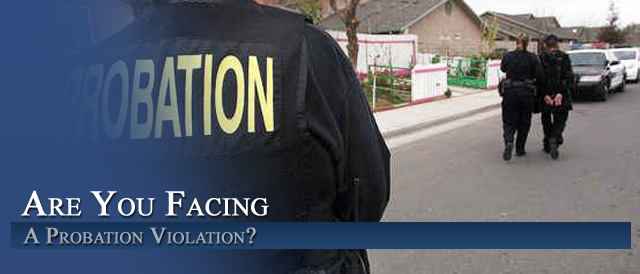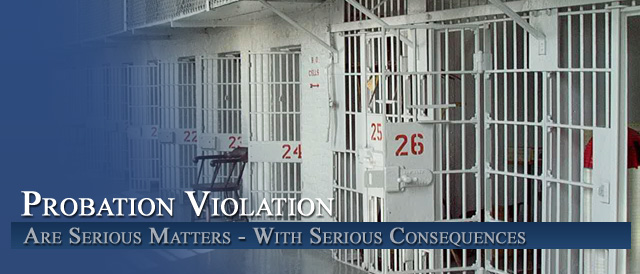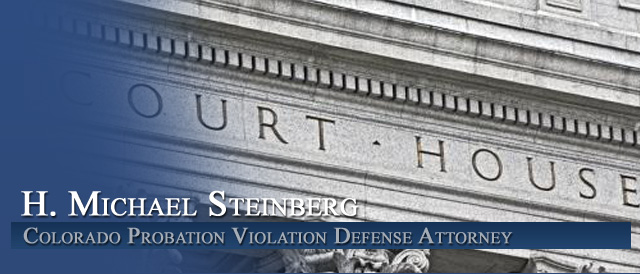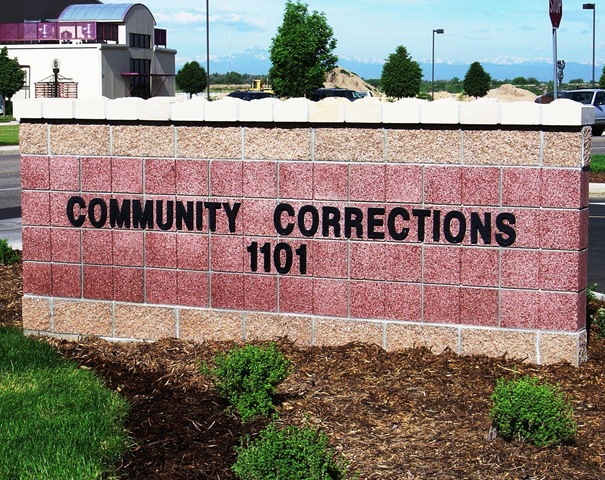




What Are My Privacy Rights In Colorado Community Corrections – Half Way House?
By H. Michael Steinberg Colorado Criminal Defense Lawyer
KW Privacy Rights In Colorado Community Corrections
What Are My Privacy Rights In Colorado Community Corrections – Half Way House? – Living in a Colorado Community Corrections – “half way” house may give you the impression that you have more privacy rights than in prison. The Courts of Colorado have held that is just not true. When you transition from prison (DOC) to a half way house, notwithstanding how it may “feel,” your privacy rights are the same as they were in your prison cell.
In a recent Colorado case, People v Triplett, a Defendant – Mr. Triplett – was serving the remainder of his DOC sentence in a community corrections program (the Mesa County residential community corrections facility). While Triplett was taking a shower one day, a case manager searched Triplett’s clothing and found drugs. Triplett was convicted at trial.
In Colorado – there is no “blanket rule“ as to a Defendant’s reasonable expectation of privacy after being sentenced in a criminal case. Whether a search of an individual’s property is legal under the Fourth Amendment will most likely turn on where that person is being supervised following sentencing.
The issue of the reasonable expectation of privacy of an offender in a residential community
corrections facility – a half way house – was answered in the Triplett case.
Therefore the answer to question posed in this article is not simple as the Colorado Courts are still formulating their answers to the privacy rights of those on probation, sentenced to the Colorado Department of Corrections (DOC) and those on parole following a sentence to DOC.
Colorado Fourth Amendment Law And The Convicted Criminal’s Rights
First – the Fourth Amendment to the United States Constitution protects:
“[t]he right of the people to be secure in their persons, houses, papers, and effects, against unreasonable searches and seizures.”
“[W]hether or not a search is ‘unreasonable’ under the Fourth Amendment ‘depends on all of the circumstances surrounding the search or seizure and the nature of the search itself.'”
“[S]earches conducted outside the judicial process, without prior approval by judge or magistrate, are per se unreasonable under the Fourth Amendment,”
A search is deemed reasonable or unreasonable under the Fourth Amendment by balancing the “intrusion” of the search on an individual’s Fourth Amendment interests against its promotion of legitimate governmental interests.'”
“Special Needs” Searches Impact The Reasonableness Requirement Of An Alleged Illegal Search – An Exception To The Fourth Amendment
Colorado law – as handed down by the Colorado Supreme Court – has “recognized exceptions” to
standard Fourth Amendment “requirements” when ‘special needs,” beyond the normal need for law enforcement, make a warrant and the probable-cause requirement – impracticable.
Whether a search is consistent with the Fourth Amendment turns on whether it is reasonable, “and the reasonableness of a search is determined `by assessing, on the one hand, the degree to which it intrudes upon an individual’s privacy and, on the other, the degree to which it is needed for the promotion of legitimate governmental interests.'”
(“[A] lesser degree [of cause] satisfies the Constitution when the balance of governmental and private interests makes such a standard reasonable.”).
The Courts look at the “`the totality of the circumstances'” when weighing on either side of the balance.
Examples of “special needs” situations include probation systems and operating a school or prison.
How Much Privacy?
An illegal search occurs under the Fourth Amendment occurs when the government intrudes on an area where a person has a “constitutionally protected reasonable expectation of privacy.”
Here is the question:
Where did the search take place and what was the expectation of privacy in the place or things searched?
Two Primary Concerns
An individual’s expectation of privacy may or may not be “reasonable” in Colorado after the Courts look at TWO FACTORS:
1. Has the individual manifested a subjective expectation of privacy in the object of the challenged search?
2. Is society willing to recognize that expectation as reasonable?
Whether society is willing to recognize an expectation of privacy is “reasonable” turns on:
“whether the government’s intrusion infringes upon the personal and societal values protected by the Fourth Amendment.”
And then having said that – incarcerated persons have a nearly nonexistent reasonable expectation of privacy.
The Privacy “Continuum”
It might be best to view the right to privacy after being sentenced as a “privacy continuum.” The further you are from the courtroom after sentencing – the fewer privacy rights a Defendant has.
Therefore – privacy rights – if they exist at all – will probably turn on the location of the sentence.
Are you on probation?,
Are you on parole?, or
Are you on other forms of supervised release – such as community corrections?
Entries Into The Colorado’s Community Corrections System
An inmate can find themselves in the Colorado Community Corrections System in one of three ways:
(1) a direct sentence from a trial court;
(2) a transfer by referral from the DOC subject to statutory eligibility (referred to as a transitional offender); or
(3) as a condition of probation.
A sentence to Community Corrections as a way of emerging from … or “transitioning” from – the Colorado Department of Corrections § 17-27-102(7) means that the placement into Comm Corr is “in lieu” of being in prison.
Even though the inmate is in CC – he or she is still subject to the legal jurisdiction of the DOC.
Therefore if an inmate is transitioned from DOC to community corrections is also subject to the same laws governing an inmate actually housed in a prison facility.
Privacy Rights – Almost Non-Existent
The reasoning for not enhancing the privacy rights of a Colorado Community Corrections client is stated in a recent appellate decision:
“[s]earches conducted by officials entrusted with the orderly operation of the . . . [correctional institutions] of this state are not unreasonable so long as they are not conducted for the purpose of harassing or humiliating the inmate or in a cruel or unusual manner.”
Summary And Conclusion – What Are My Privacy Rights In Colorado Community Corrections – Half Way House?
Community corrections sentences are a form of imprisonment in Colorado.
When an offender is sentenced to community corrections as a resident, the sentence is a term of imprisonment, but one served in a local “community corrections” facility rather than in a DOC facility.
Under these circumstances there is a nearly nonexistent expectation of privacy when compared to the expectations of privacy of a person on probation for example.
A resident in community corrections is, in our view, more analogous to that of an incarcerated DOC inmate than that of an offender on probation or parole. People v. Triplett
What Are My Privacy Rights In Colorado Community Corrections – Half Way House?
If you found any of the information I have provided on this web page article helpful please click my Plus+1 or the Share buttons for Twitter and Facebook below so that others may also find it.
If, after reading this article, you have questions about your case and would like to consider retaining our law firm, we invite you to contact us at the Steinberg Colorado Criminal Defense Law Firm – 303-627-7777.
Never stop fighting – never stop believing in yourself and your right to due process of law. You will not be alone in court, H. Michael at your side every step of the way – advocating for justice and the best possible result in your case.
 ABOUT THE AUTHOR: H. Michael Steinberg – Email The Author at [email protected] – A Denver Colorado Criminal Defense Lawyer – or call his office at 303-627-7777 during business hours – or call his cell if you cannot wait and need his immediate assistance – 720-220-2277. Attorney H. Michael Steinberg is passionate about criminal defense. His extensive knowledge and experience of Colorado Criminal Law gives him the edge you need to properly handle your case.
ABOUT THE AUTHOR: H. Michael Steinberg – Email The Author at [email protected] – A Denver Colorado Criminal Defense Lawyer – or call his office at 303-627-7777 during business hours – or call his cell if you cannot wait and need his immediate assistance – 720-220-2277. Attorney H. Michael Steinberg is passionate about criminal defense. His extensive knowledge and experience of Colorado Criminal Law gives him the edge you need to properly handle your case.
“A good criminal defense lawyer is someone who devotes themselves to their client’s case from beginning to end, always realizing that this case is the most important thing in that client’s life.”
You should be careful to make a responsible choice in selecting a Colorado Criminal Defense Lawyer – and we encourage you to “vet” our firm. Over the last 40 plus years – by focusing ONLY on Colorado criminal law – H. Michael has had the necessary time to commit to the task of constantly updating himself on nearly every area of criminal law, to include Colorado criminal law and procedure and trial and courtroom practice. H. Michael works hard to get his clients the best possible results in and out of the courtroom. He has written, and continues to write, extensively on Colorado criminal law and he hopes this article helps you in some small way – What Are My Privacy Rights In Colorado Community Corrections – Half Way House?

Other Articles of Interest:
- UPDATE: Colorado Medical Marijuana and Probation – Analysis Of The New Law In 2016
- Denver Colorado Probation Early Termination Issues – Why Terminate Probation Early?
- The How & Why Of Colorado Probation Violations Are Prosecuted
- Understanding The Colorado Right To Pre-Sentence Credit In Probation Cases
- Colorado Probation Violation Law – Impact Of A Suspended Sentence













